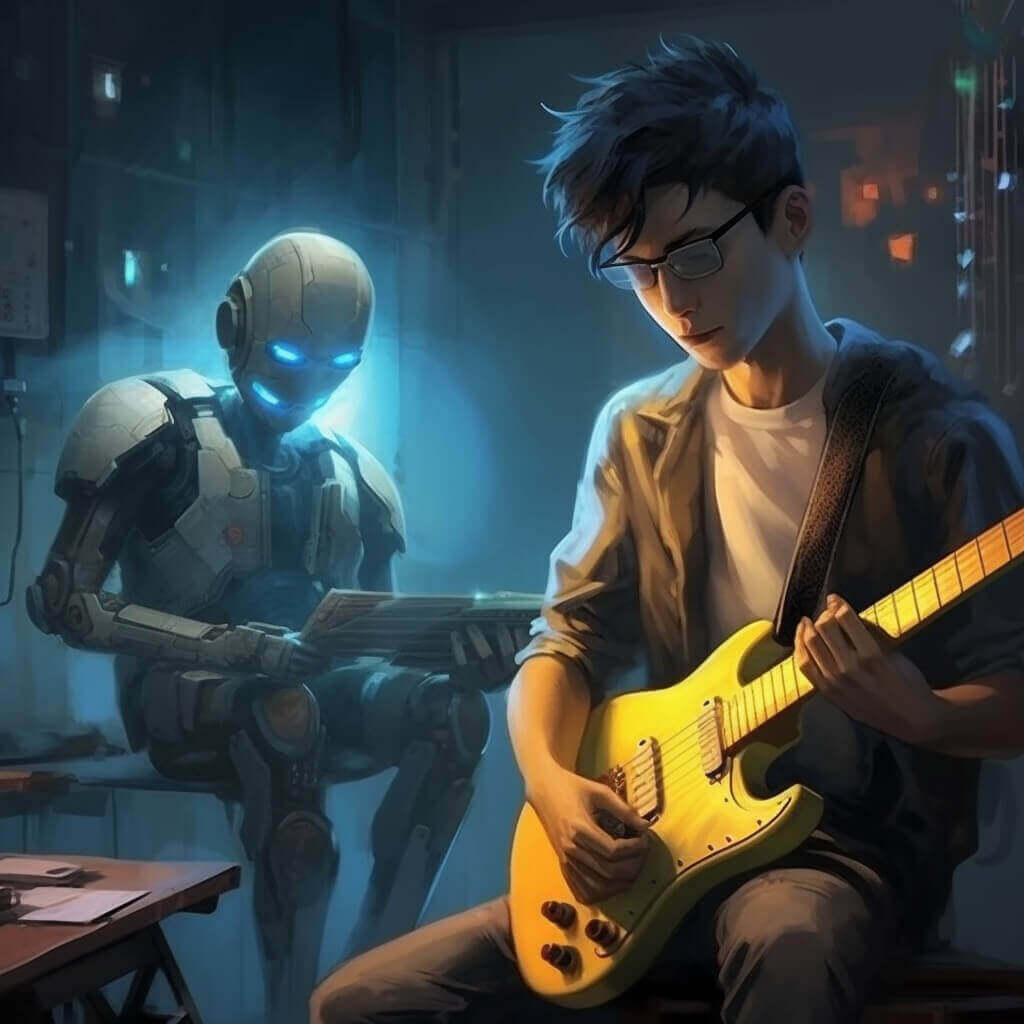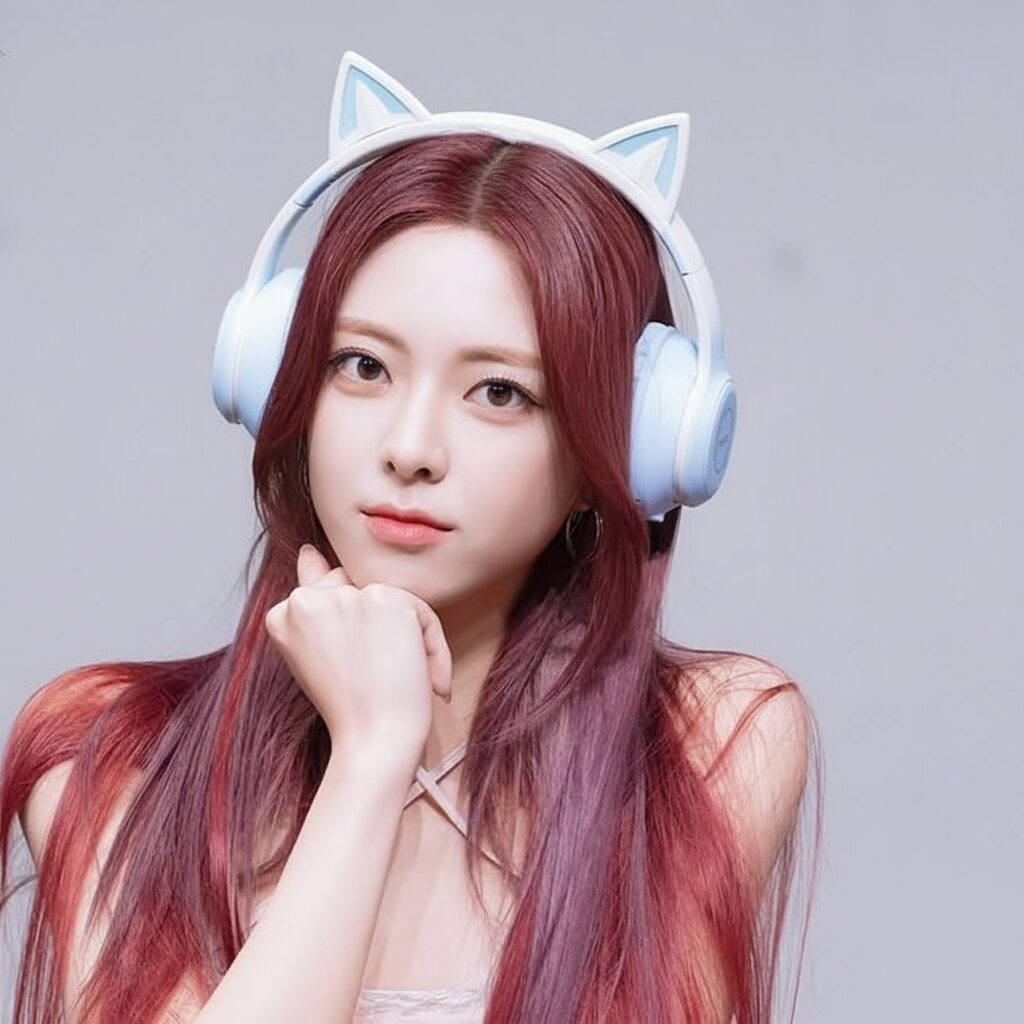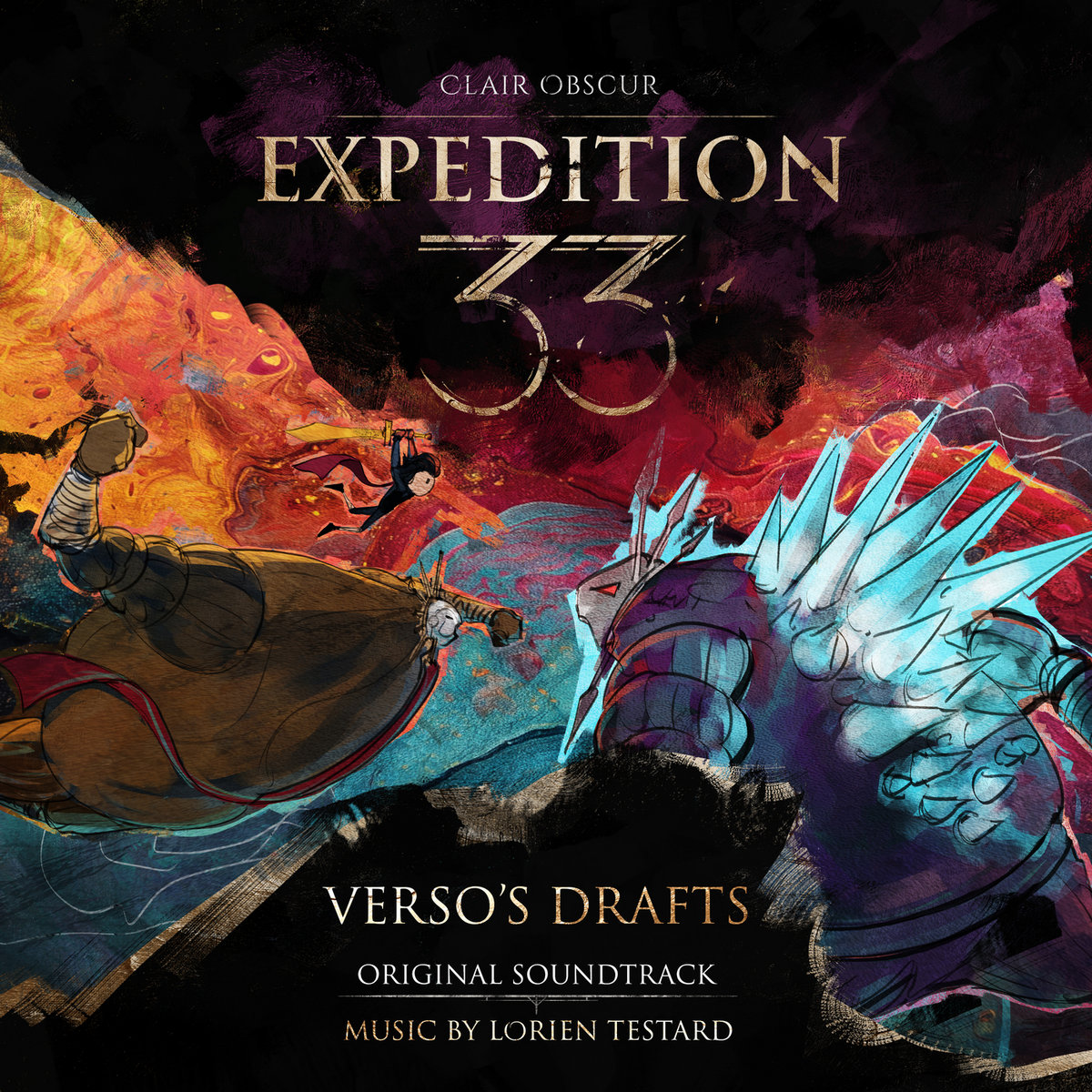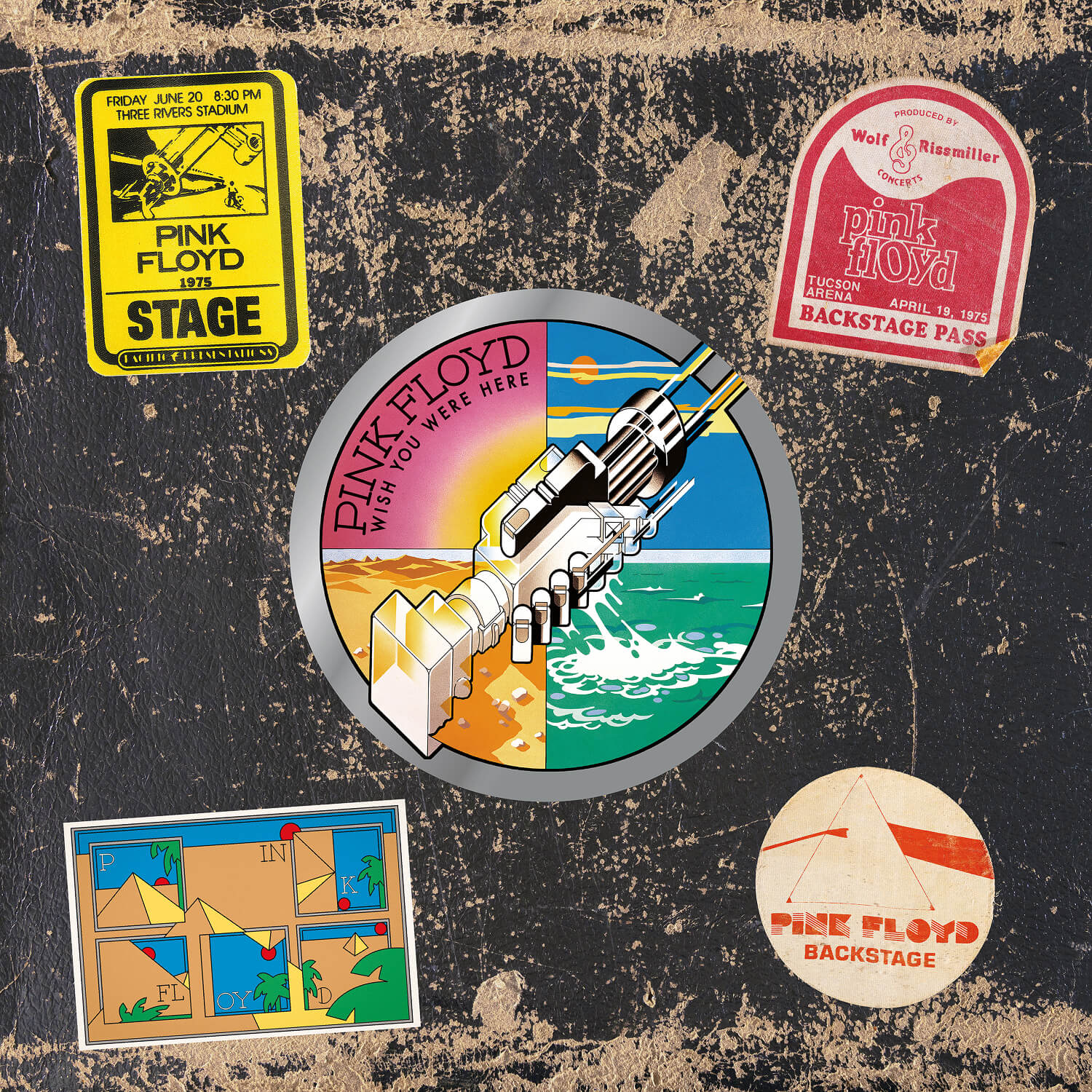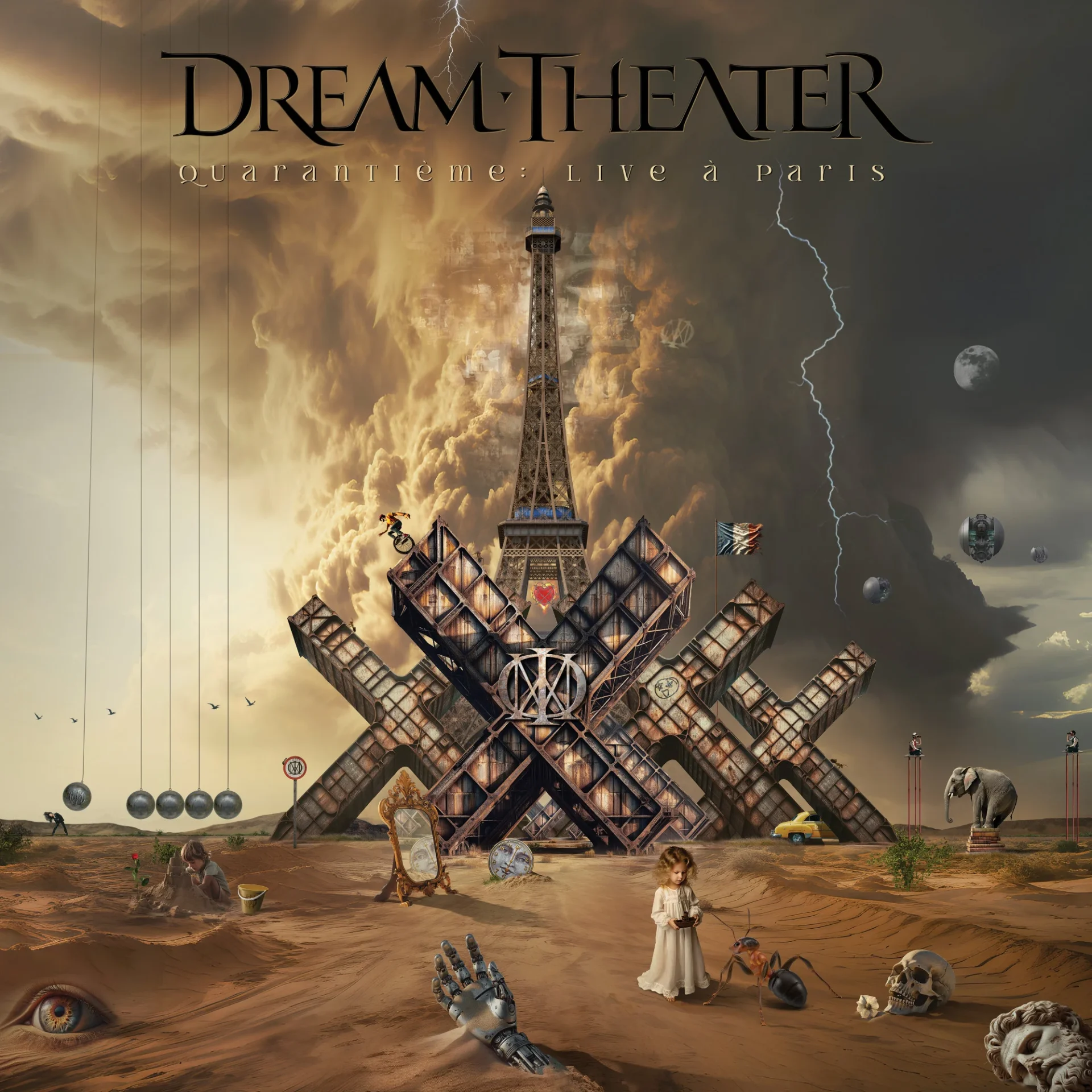Recently I came across this excerpt from Robert Greene’s book “Mastery.” I found it profound and very interesting as it discusses how years of studying and practicing can lead us to develop great mastery in a discipline, whether it be an art or another field.
In this excerpt, Greene tells us, “When we take our time and focus in depth, when we trust that going through a process of months or years will bring us mastery, we work with the grain of this marvelous instrument that developed over so many millions of years, (our mind). We infallibly move to higher and higher levels of intelligence. We see more deeply and realistically. We practice and make things with skill. We learn to think for ourselves. We become capable of handling complex situations without being overwhelmed. In following this path we become Homo magister, man or woman the Master.”
Green continues, “To the extent that we believe we can skip steps, avoid the process, magically gain power through political connections or easy formulas, or depend on our natural talents, we move against this grain and reverse our natural powers. We become slaves to time—as it passes, we grow weaker, less capable, trapped in some dead-end career.”
The excerpt concludes with the idea that attempting to find a magical formula to bypass these years of study and practice, seeking shortcuts, not only doesn’t work but is counterproductive, making us less capable and even weaker.
Immediately, the art that I have studied and practiced for most of my life came to mind: music composition. I associated it with one of the most prevalent and controversial phenomena in the world today: Artificial Intelligence tools.
Artificial Intelligence (AI) has advanced a lot in recent years, but it wasn’t until recently that it emerged as a global sensation, generating both, passionate collective enthusiasm, and concerns in many industries whose members forecast being replaced by AI tools.
This is understandable. One of the greatest current examples of this is the popular text-to-image generation services. After using these services, experiencing the quality and diversity of the generated images, and how easy and relatively inexpensive it is to create them, it makes sense to expect that a significant number of people will never consider hiring someone to create their graphic projects in the traditional way. This has caused frustration among designers and artists who have lost potential clients in a short time.
While chatbots have existed for many years, nothing compares to the modern capacity and reach of “AI-based Language Models” like ChatGPT and others. For many, this technology has become indispensable in their daily lives. I include myself in that group, and I must add that as a highly curious person, a tool like ChatGPT for generating information is almost a dream come true.
Of course, there are also AI-powered content generation tools for many other areas, including music.
I imagine that many composers and musicians have at some point considered the idea that they, too, could be replaced by AI tools. They may have even considered benefiting from using this technology themselves.
I want to focus on this last point. Let’s suppose that someone has aspired their whole life to compose and release their own music but has never learned how to properly do it, let alone had the interest or discipline to polish and master that art. Their ability to compose music is objectively mediocre, but suddenly they come across this AI technology that allows them to generate music tracks in the style of renowned artists. Now, they finally have the means to produce something acceptable to release in the market under their name.
To me, this is “creating a product,” and under that definition, it seems valid to me. However, I must express that, at least as far as I’m concerned, the purpose of composing music has never been “the creation of a product.” That’s why I don’t see myself ever using AI tools to generate music compositions.
For me, composing music, like practicing any other branch of art, is about exploring what I have inside me and somehow manifesting my own imagination, my feelings, the very essence of my being, into the world. It’s being able to see my reflection in that way. It’s participating, even using my own language, in the conversation that millions of musicians have had throughout history. It’s the excitement of creating and contemplating my musical constructions, whether they are beautiful or bizarre. It’s bringing forth something that has life, something that I carry within. It’s a deep conversation with my unconscious. It’s the enjoyment of living in a bubble of sonic exploration. It’s what is real.
That’s what interests me, not “creating a product.”
No software or Artificial Intelligence can do all of this for me.
The idea of generating “my own music” with AI seems ridiculous and completely detached from my purpose. I don’t find any meaning in it.
Furthermore, some things can only be expressed through sounds and music compositions. Music is a form of communication that transcends human filters and allows us to directly reach the depths of the mind and heart of anyone who listens. That’s what interests me, and what I have to say, only I can express.
Finally, I also believe that it wouldn’t feel right nor respectable to release an AI-generated song to the market and try to make people believe that I composed it. It would be a pitiful illusion, a pathetic deception, especially for those who attempt it.
Returning to Robert Greene’s excerpt, I identify with the idea that I have dedicated many years of my life to learning and honing my craft, and I have indeed seen the result of this prolonged focus and years of effort. I feel happy and satisfied with my level as a composer, and I am very enthusiastic about the idea of continuing to learn and improve. To quote the great John Frusciante, “constantly learning about music is a personal necessity for me.”
It is important to note that Robert Greene’s excerpt ends with the observation that seeking shortcuts instead of investing time in practice and learning makes us less capable. I fear that if I were to start using AI tools to compose, it would be like trying to find that nonexistent “magic formula” mentioned by Robert Greene. I would not only become dependent on those tools, but also begin to doubt myself, which would ultimately make me a less competent composer.
This sounds contrary to my goals, so I will pass.

I would like to add that even if someone were to generate music using AI, it wouldn’t be easy to create a fully professional song. A professionally sounding and potentially commercially viable song is more than a basic composition, such as those currently generated by AI tools. Quality music production is the result of many diverse elements that are still far from easily generated through software, at least for now. Surely, there will come a time in the future when artificially generated music has no limitations.
I must say that thinking about all this reminds me of the consequences of the arrival of digital music recording. Previously, music could only be recorded in a professional studio. The quality filter for recorded music was enormous, thanks to record labels who held the monopoly. Suddenly, with the advent of personal computers, anyone could record and produce music at home. The result was a disproportionate increase in the amount of available music, which obviously included a lot of music of questionably quality.
I imagine something similar will happen with AI-generated content. Democratizing the ability to produce something and giving “power to the people,” does not necessarily equate to creating high-value results.
In the end, regardless of the tools available, only those who create the most original, interesting, and highest quality music will be the ones worth listening to. This has always been the case and will remain so.
However, all this does not mean that I believe AI tools have no useful application in music production for me. I imagine that in the future, once I have finished composing, I could ask an AI tool specialized in music for its opinion, much like I would do with a music producer or a fellow musician. This AI could provide valuable editing feedback on my finished composition, similar to the work traditionally done by a book editor on a novel. It would not create the composition itself but would be another way for me to learn and improve.
Overall, I am not against using AI tools. I have recently been using text-to-image generation services to illustrate the articles I post on my blog. Not only have I had a lot of fun generating images, but I have also easily fulfilled a long-standing need to visually illustrate my articles, and with excellent quality. However, these images are not something I take seriously. I don’t consider them “my art.”
For me, it is valid to use them, just as it would be valid for a filmmaker with no knowledge of composing music to generate music with AI to accompany their films.
In fact, these adaptations from a source created by someone else are nothing new. As everyone knows, stock images and stock music libraries have been available for many years for people to use in their own projects. There are even free-to-use options. Generating this type of content today with the help of AI just makes it more personalized.

Some additional thoughts on AI tools:
It is important to keep in mind that all of this is just the beginning. Artificial Intelligence technology will continue to advance and grow in the coming years. This both excites and scares me. What will happen when AI not only reaches human-level capacity but surpasses it entirely?
I imagine a future where a film director can analyze a movie they just finished, in a matter of seconds, using AI software, and the software, having analyzed each scene, generates music to accompany it, perfectly emulating and even surpassing the work of great film composers like John Williams.
Just as it is so easy today to generate images through text, I anticipate a day when it will be just as easy to generate video games with unprecedented complexity and levels of interaction. Can you imagine an RPG with NPCs, each with an intelligence level equal to or greater than ChatGPT? Or a game with the capacity to generate infinite possibilities based on the player’s actions and decisions? And of course, all of this within a virtual reality world indistinguishable from the real world.
(NPCs, non-playable characters, are secondary characters not controlled by the player.)
These are some scenarios I have been imagining lately. I am not convinced that I will witness them in my lifetime at the level of impressiveness I envision, but I have no doubt that someday they will become a reality.

